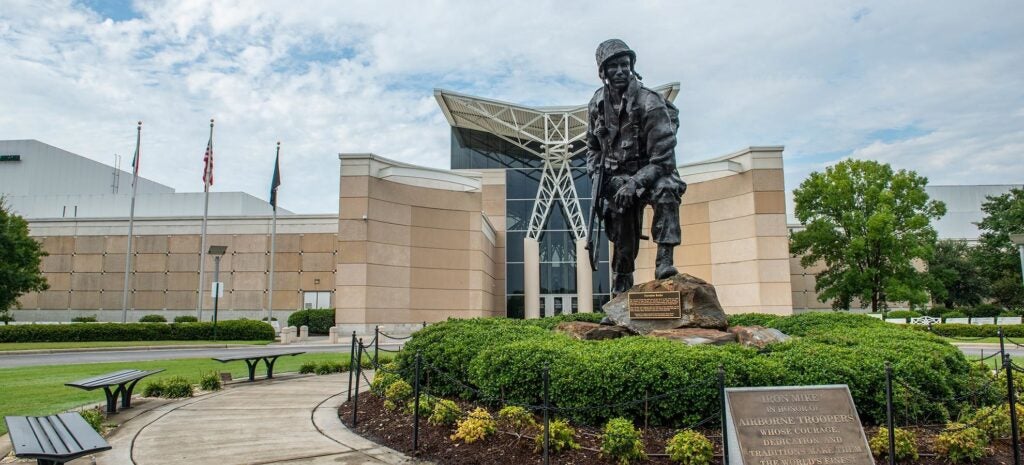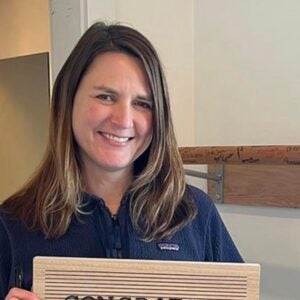by Anna Froula, Guest Feature Editor

The military veteran has been a complicated figure in the United States in the last century or so. Before ticker tape parades greeted war fighters returning from World War II or yellow ribbons adorned trees in Gulf War I, and “Support the Troops” stickers appeared on bumpers when US Forces invaded and occupied Afghanistan, the United States often demonstrated inadequate or downright hostile strategies for welcoming military personnel home from international conflicts. Veterans of World War I marched on Washington, DC in 1932 and 1936 against legislation that held their compensation for service in the form of certificates not meant to be redeemed until 1945. Later, some of the veterans who became Prisoners of War in Korea were suspected of having been brainwashed by communist ideology and viewed as threats to national security. The Vietnam War veteran became the face of the conflict to many disillusioned Americans while its architects were safely out of reach. Those who served in the United States’ longest wars in Iraq and Afghanistan returned to a civilian public that was deeply out of touch with the conflicts. Americans were so disengaged that Paul Rieckhoff, veteran and founder of Iraq and Afghanistan Veterans of America, pointed out that vets started calling those engagements “Forgetistan” as early as 2008.
Note that our focus here is not on mistreatment or missed opportunities. Rather, this feature will both celebrate and learn from the rich and varied experience of our veterans who are also writers. In addition, we are also interested what is often overlooked and absent from discussions of the material and lasting effects of deployment: the points of view of the family members at home – the sometimes single parent acting as both, the anxiously waiting sibling, the child growing up in a household disrupted by the call of duty. We want to hear from them, too.
Forty-nine percent of the 1.3 million active-duty service members in the US are concentrated into five states, North Carolina included. North Carolina hosts military bases for four out of five branches of service. Over 50,000 troops have been deployed from these bases to Operation Iraqi Freedom and Occupation Enduring Freedom, and there are more than 750,000 Veterans living in the state. Deployments come in many locations and circumstances – stateside and abroad. Yet, in these post-1973 days of the United States’ all-volunteer army, fewer than 1% of Americans actually see combat, which creates an enormous disconnect. Still, all Military Occupational Specialties are filled by men and women who signed their lives over to the US government before knowing where and in what capacity they would serve.
What all veterans experience in homecoming is a separation from their close units of compatriots who have undergone the same training and understand what it means to serve. They leave behind their regimented schedules and instrumental roles to demobilize into the larger cultural whole of the nation that they left behind to serve. They return to a nation that has gone on without them and often without a clear understanding of any conflicts they participated in or, for that matter, the nature of any deployment. Traumatic experience is not a requirement for a sense of alienation or feeling of being adrift upon return to civilian existence. But, for veterans who suffer from Post-Traumatic Stress, the gulf hits home, often the hardest of all.
All veterans are humanists in one way or another, having lived, if also not lost the extremes of human experience. They are bound to each other in knowledge that civilians cannot fully understand or even sufficiently appreciate. We do them a profound disservice by considering them a single voice, for their identities crisscross the gamut of age, race, ethnicity, region, religion, sexuality, etc. We all must try to make sense of and support those who have served in our name. Their memoirs, stories, and poetry provide vital spaces to bridge the oft-acknowledged gap between civilians and service personnel by voicing important, humanizing perspectives to the otherwise uniformed as well as a model of connection with ones’ fellow service members, past, present, and future.

I have written previously in NCLR about my work with ECU’s Veteran to Scholar Boot Camp, the transition program I created with four years of support from the National Endowment of the Humanities that seeks to re-connect the divide between military culture and civilian academia. For the past eight years, I have had the privilege of working with student veterans who are both new to ECU and ready to start new phases in their lives. I have known their dark humor, their work ethics, and their ability to reframe their experiences through reading classic homecoming works. At times I feel overcome by the mathematical improbability of being in the same room with some of them after hearing their stories. Other times I am touched by their drive to switch gears, blend in, and succeed at university life. But not everyone has the privilege of bearing personal witness to their tales and seeing them blossom in real-time. This is why their own voice in their own words matters so much to us.
So, like all of you, I’m excited to enter the worlds of the veteran and military family writers in our state. With the nation’s two longest wars over, or at least wound down, it remains crucial that we listen without judgement and try to learn to navigate unfamiliar territories with them. Though not formally at war with other sovereign states, our military continues to recruit and serve largely off civilian radars, which is precisely why we need to stop and listen to those who took part and will continue to participate in the military tradition.
Are you a veteran or a family member of one with a story to tell? Please consider submitting to us. Do you want to support our veteran writers? Considering subscribing to this special issue of NCLR.